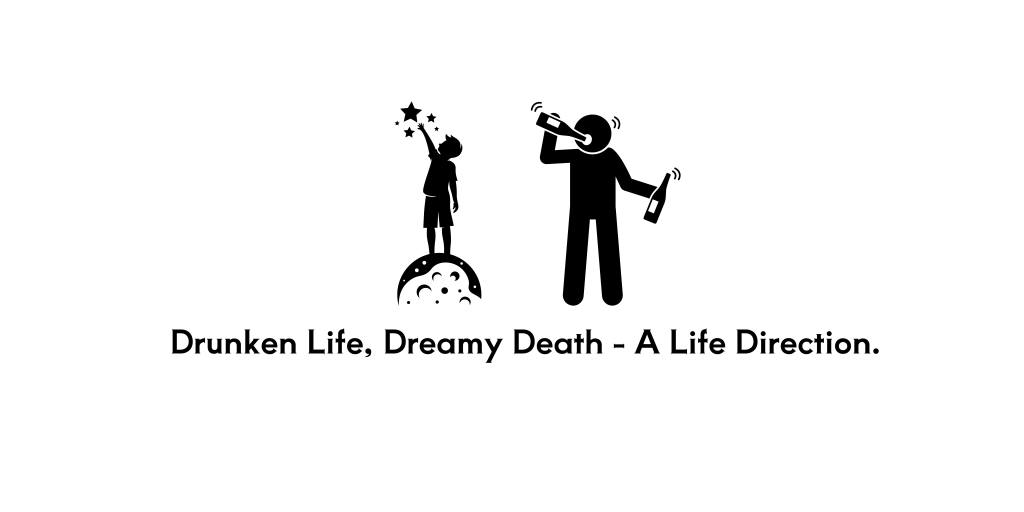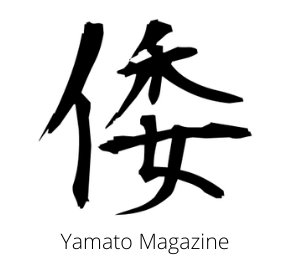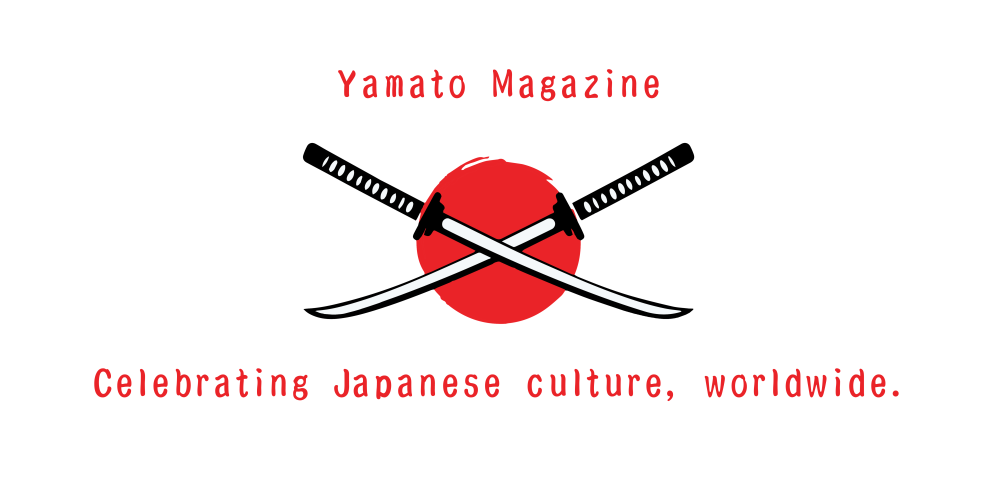
The thing about Japanese idioms is that they are always more than what is said on the surface. It’s why they are useful for exploring in the context of mental health and desire. Specifically, drunken life, dreamy death is a phrase I’ve thought about for the last few years and how it’s applied to my own life.
What does it mean?
On searching for a definition of the phrase, I found the following meaning – “without doing anything, to waste life and to end the day without doing something valuable. Living blankly to a life coming to an end with no specific value.”
There’s a lot to unpack there, from both a negative and positive side. The negatives are obvious enough – to live a drunken life means to do so without any direction. It’s an aimless existence of nothing happening until the day comes where you slip off into an inconsequential death. You’ve been asleep for so long anyway, you aren’t likely to notice your last moments.
On the other side of the coin, a drunken life may be a life of pure excess. You’ve been living to the fullest, either through chasing extreme experiences or riding the high of alcohol and other substances. You’ve become so drunk on life that when death comes you lose sight of whether it’s real or it isn’t.
From my own experiences, there have been times when I’ve inhabited both interpretations. For a long time, I felt like a passenger in my life. As if I was watching myself from far away, being driven on a road with no end in sight. Other times, I shocked myself out of that numbness by drinking too much and feeling drunk in more ways than one.
Drunken dreaming
I lived like that through most of my twenties. But when COVID kicked in and the world was stuck in place, I moved into a state of drunken dreaming. By that, I mean I had nothing but time on my hands to be filled with purpose and projects and there was an energy that kept me going. A fuel that burned hotter and longer than the anxiety and uncertainty that tried to snuff it out.
I was drunk on making my dreams happen – becoming a published author and making a living as a writer. Now, as of writing this in 2024, I’ve published two long writing projects (a novella and a short story collection. Both of which have since been taken off the market for various reasons but you can follow the journey of the novella being turned into a novel here.) I’ve set up my first business Stoic Athenaeum, a copywriting brand inspired by philosophy and bringing philosophy down to earth.
My next book, Japanese Fighting Heroes: Warriors, Samurai and Ronins, is out now and more books are on the way. So, what I’ve learned over these last few years is that drunken life, dreamy death works best as an idiom of balance.
It’s giving yourself permission to feel the joy of living your purpose and the space to stumble and rest when you need to. It’s the self-awareness of needing to go back to the drawing board and trying new ideas.
Drunken dreaming is manic, joyful, unrefined, focused, quiet, loud, relaxed, messy and real. It’s whatever you want to make it, so long as you keep on dreaming and living life on your own terms.

Go on a journey with Japanese Fighting Heroes
Japanese Fighting Heroes follows the lives of famous figures who never stopped dreaming. People like the father of Japanese short stories Ryunosuke Akutagawa and the feminist Hiratsuka Raicho.

